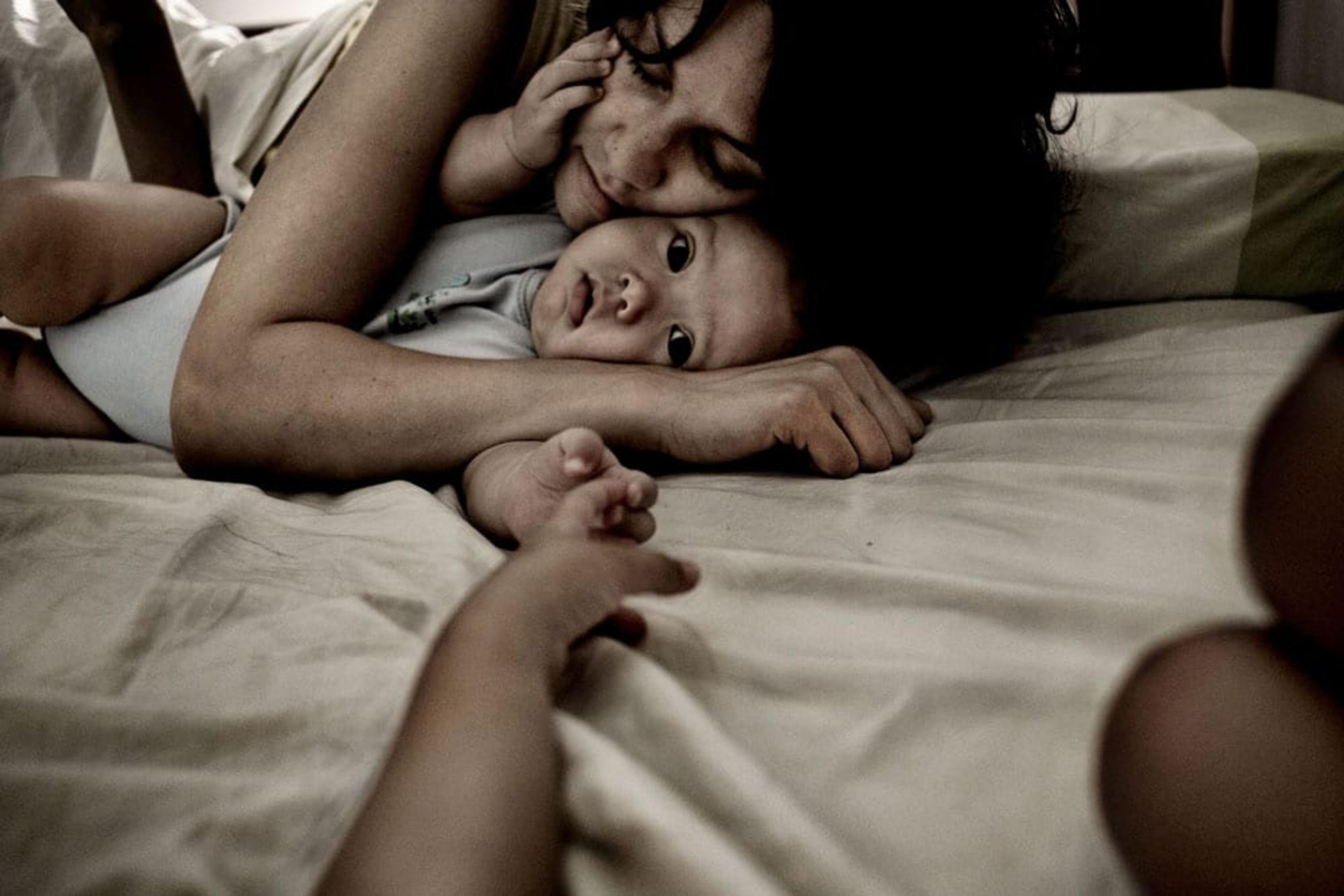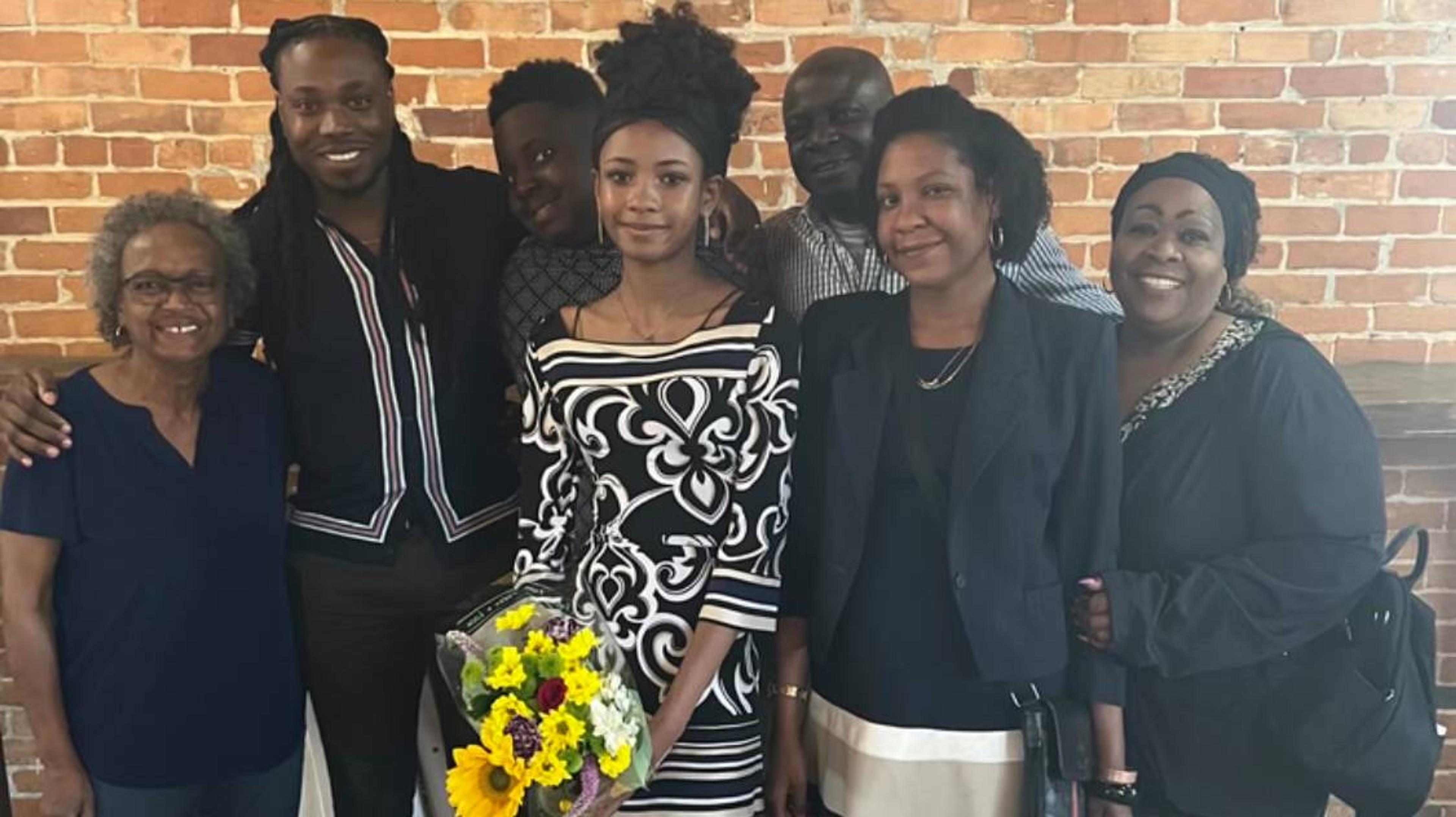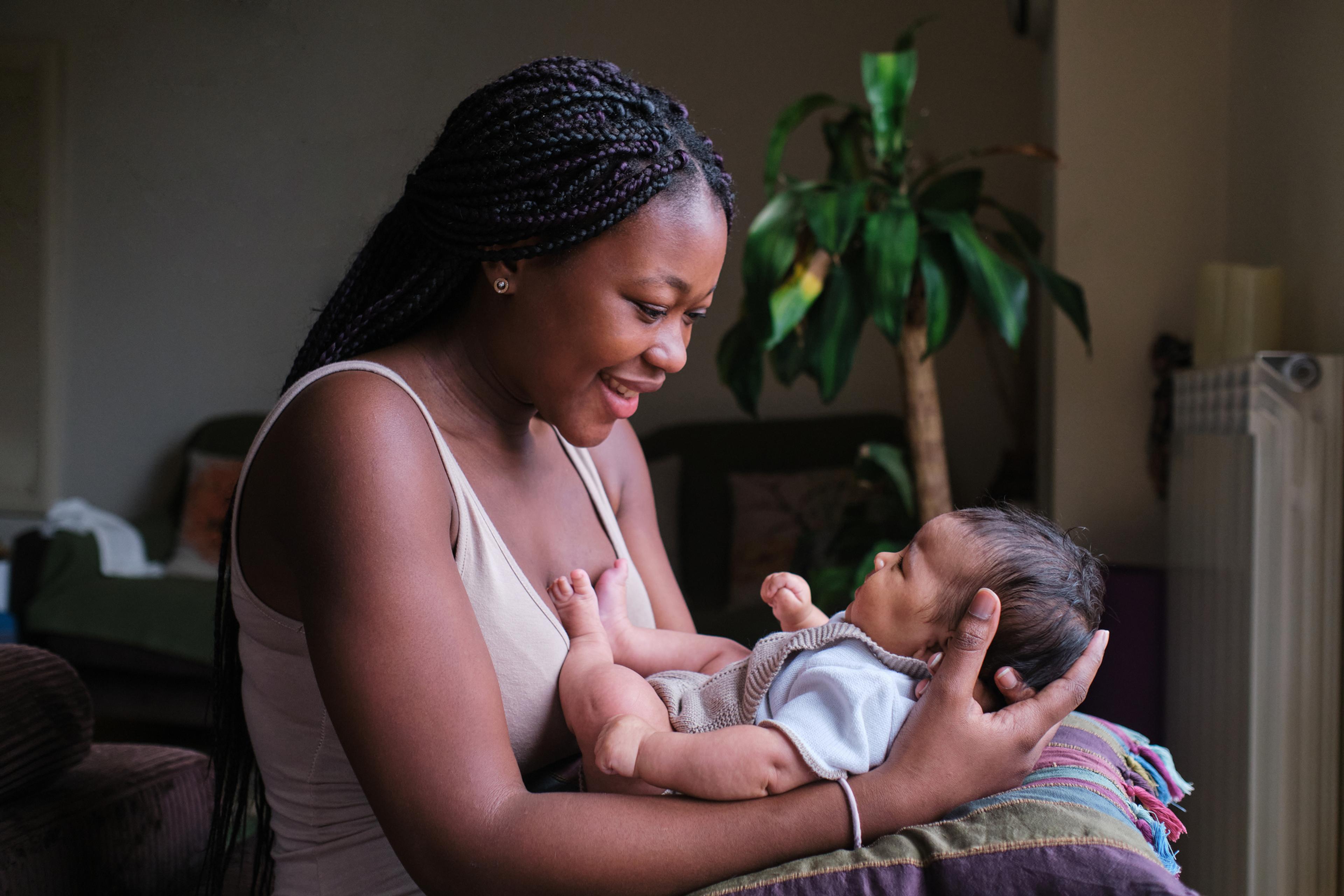GR’s Family Futures Researching Connection Between Parents’ Early Trauma and Children’s Development
Julie Bitely
| 3 min read

This is the last post in a three-part series about the ways early-childhood trauma impacts health later in life and how organizations in Michigan are addressing the issue. Read the first and second posts. Adults who’ve experienced childhood trauma have a higher risk for many negative life outcomes including alcoholism, depression, illicit drug use and financial stress. It’s no surprise then that the children of adults who’ve faced these challenges might also be at a higher risk for developmental issues, perpetuating generational imbalances and struggle. A new research project led by Grand Rapids-based Family Futures aims to explore the link in an effort to develop resources and strategies to break the cycle of childhood trauma and put families on a stronger path toward a brighter future. Family Futures is a children’s service organization that works with parents to prevent children’s neglect through the provision of resources, training, and tools. A $50,000 grant from the Blue Cross Blue Shield of Michigan Foundation will help the organization send an adverse childhood experience, or ACE, screening survey to approximately 19,000 families. The goal is to test the idea of whether or not an association exists between the adult’s ACE score, or the prevalence of exposure to ACEs as a child, with any developmental delays in their children. Candace Cowling is the executive director at Family Futures. She suspects there will be a relationship found between parents with high ACE scores and their offspring’s resulting development. She’s excited about the possibility of finding connections and learning from them to inform future programming that can be implemented with children and caregivers served by Family Futures and at other sites. There’s also an opportunity to learn from parents with high ACE scores who are raising children developing normally – what leads to that resiliency and how can that be passed on to other families? “That may guide our services in terms of the interventions we do as well,” she said. The work aligns well with Family Futures’ focus on providing tools and resources to help parents and children thrive. She said adults can’t go back in time to erase the trauma or experiences they’ve suffered. What they do have control over, and where Family Futures is there to support, is in moving forward in a positive way so those negative outcomes aren’t passed on to the next generation. The research will take place over a two-year period. Based on findings, Cowling said interventions will be developed and implemented. “A lot of that is going to be guided by what we find,” she said. By focusing on learning more about what’s happened in the lives of their caretakers and giving them strategies to cope, the hope is that children will grow up in emotionally healthy environments and have brighter futures. If you enjoyed this post, you might also like:
- Food as Medicine: How a Prescription for Produce Changed One Woman's Life
- WMU Mapping Project Guiding Public Health Initiatives
- Research Shows Building Healthy Communities Program Has Positive Impact on Children's Health
Photo credit: CIA DE FOTO





